Navigating the Beauty Industry: A Comprehensive Guide to Private Label Cosmetics
Related Articles: Navigating the Beauty Industry: A Comprehensive Guide to Private Label Cosmetics
Introduction
With enthusiasm, let’s navigate through the intriguing topic related to Navigating the Beauty Industry: A Comprehensive Guide to Private Label Cosmetics. Let’s weave interesting information and offer fresh perspectives to the readers.
Table of Content
Navigating the Beauty Industry: A Comprehensive Guide to Private Label Cosmetics
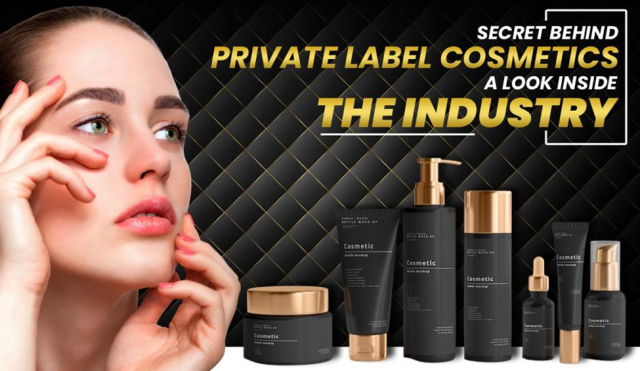
The beauty industry is a vibrant and dynamic market, with an ever-growing demand for innovative and high-quality products. For aspiring entrepreneurs and established brands alike, navigating this competitive landscape can be challenging. One strategy that has gained significant traction is the utilization of private label cosmetics, a powerful tool that empowers businesses to establish their unique presence in the market.
Understanding Private Label Cosmetics: A Simplified Explanation
In essence, private label cosmetics involve partnering with a manufacturer who specializes in producing and packaging beauty products. The manufacturer handles the complex aspects of formulation, production, and packaging, while the client, or brand owner, focuses on developing their brand identity, marketing strategies, and customer engagement. This collaborative approach allows businesses to enter the beauty market without the substantial investment required for setting up their own manufacturing facilities.
The Advantages of Private Label Cosmetics: Unveiling the Benefits
The adoption of private label cosmetics offers a plethora of advantages for businesses looking to establish or expand their presence in the beauty industry.
1. Reduced Startup Costs and Investment:
The most significant advantage of private label cosmetics is the substantial reduction in startup costs. Instead of investing in expensive manufacturing equipment, research and development, and quality control processes, businesses can leverage the expertise and infrastructure of a reputable manufacturer. This streamlined approach minimizes financial risk and allows for a faster entry into the market.
2. Access to Expertise and Innovation:
Private label manufacturers often possess extensive knowledge and experience in the formulation and production of cosmetics. This expertise translates into access to cutting-edge technologies, innovative ingredients, and high-quality standards. By partnering with a skilled manufacturer, brands can tap into a wealth of knowledge and leverage the latest advancements in the beauty industry.
3. Customization and Brand Differentiation:
Private label cosmetics offer unparalleled flexibility in customization. Brands can work with manufacturers to develop unique product formulas, packaging designs, and branding elements that align with their brand identity and target audience. This level of customization allows businesses to create a distinctive product offering that stands out from the competition.
4. Time Efficiency and Streamlined Operations:
Private label partnerships streamline the production process, allowing brands to focus on their core competencies, such as marketing, branding, and customer service. Manufacturers handle the complex aspects of production, packaging, and logistics, freeing up valuable time and resources for brands to concentrate on building their brand and engaging with their target audience.
5. Scalability and Flexibility:
Private label arrangements offer scalability and flexibility, allowing brands to adjust production levels as their business grows. Manufacturers can adapt to fluctuating demand, ensuring that brands have the necessary inventory to meet customer needs without incurring significant overhead costs.
6. Reduced Regulatory Burden:
Navigating the complex regulatory landscape of the cosmetics industry can be daunting for new businesses. Private label manufacturers are well-versed in regulatory requirements and compliance procedures, ensuring that products meet industry standards and are safe for consumer use. This reduces the regulatory burden on brands, allowing them to focus on other aspects of their business.
7. Enhanced Quality Control and Standards:
Reputable private label manufacturers adhere to stringent quality control measures, ensuring that products meet high standards of safety, efficacy, and performance. This commitment to quality translates into customer satisfaction and brand loyalty.
8. Market Testing and Product Development:
Private label partnerships provide an ideal platform for market testing new product ideas. Brands can collaborate with manufacturers to develop prototypes and test them in the market before committing to full-scale production. This iterative approach allows for continuous improvement and refinement of product offerings.
9. Brand Building and Marketing Support:
Private label manufacturers can provide valuable marketing support, including product photography, packaging design, and marketing materials. This assistance can help brands effectively promote their products and reach their target audience.
10. Reduced Risk and Increased Profitability:
By minimizing upfront investment and leveraging the expertise of a reputable manufacturer, private label cosmetics offer a lower-risk approach to entering the beauty market. This reduced risk translates into increased profitability, allowing brands to reinvest in growth and expansion.
Navigating the Private Label Landscape: Key Considerations
While the advantages of private label cosmetics are undeniable, it is essential to approach this partnership with careful consideration and strategic planning.
1. Defining Your Brand Identity:
Before engaging with a manufacturer, it is crucial to define your brand identity, including your target audience, brand values, and desired positioning in the market. This clarity will guide your product development and marketing efforts.
2. Researching and Selecting a Manufacturer:
Thorough research is essential in identifying a reputable and reliable manufacturer. Consider factors such as experience, production capabilities, quality control measures, and customer service. Request samples and references to evaluate the manufacturer’s expertise and commitment to quality.
3. Negotiating Clear Contracts and Agreements:
Establishing clear contracts and agreements is paramount to ensure a successful partnership. The agreement should outline the scope of services, production timelines, quality standards, pricing, and payment terms.
4. Maintaining Open Communication and Collaboration:
Effective communication is crucial throughout the partnership. Maintain open lines of communication with your manufacturer to address any concerns, discuss product development, and ensure that your expectations are aligned.
5. Managing Inventory and Logistics:
Develop a robust inventory management system to ensure that you have adequate stock to meet customer demand. Consider the logistics of shipping and distribution to ensure efficient delivery of your products.
6. Monitoring Market Trends and Adapting:
The beauty industry is constantly evolving. Stay abreast of emerging trends and consumer preferences to adapt your product offerings and marketing strategies accordingly.
7. Protecting Your Intellectual Property:
Ensure that your brand name, logos, and product formulations are protected through trademarks and intellectual property agreements.
Frequently Asked Questions (FAQs) about Private Label Cosmetics
1. What is the minimum order quantity (MOQ) for private label cosmetics?
The MOQ varies depending on the manufacturer and the specific product. Some manufacturers may have a minimum order requirement of 500 units, while others may offer smaller quantities.
2. How long does it take to develop and launch a private label cosmetic product?
The timeline for product development and launch can vary depending on the complexity of the formulation, packaging, and regulatory requirements. It can take anywhere from a few months to a year.
3. What are the typical costs associated with private label cosmetics?
The cost of private label cosmetics depends on factors such as product formulation, packaging, MOQ, and manufacturing location. It is essential to obtain detailed quotes from manufacturers to determine the total cost.
4. How can I ensure the quality of private label cosmetics?
Choose a reputable manufacturer with a proven track record of quality. Request samples and conduct independent testing to verify the product’s safety, efficacy, and compliance with regulatory standards.
5. What are some popular private label cosmetic categories?
Popular categories include skincare, makeup, hair care, body care, and fragrances.
Tips for Success with Private Label Cosmetics
1. Focus on a Niche Market:
Identifying a specific niche market allows you to tailor your product offerings and marketing strategies to a targeted audience. This approach can enhance brand awareness and customer loyalty.
2. Build a Strong Brand Identity:
Develop a compelling brand story, logo, and visual identity that resonates with your target audience. This will help you stand out from the competition and create a memorable brand experience.
3. Invest in High-Quality Packaging:
Packaging plays a crucial role in attracting customers. Invest in aesthetically pleasing and functional packaging that reflects your brand identity and enhances the product’s appeal.
4. Leverage Digital Marketing:
Utilize social media, content marketing, and influencer collaborations to reach your target audience and build brand awareness.
5. Offer Excellent Customer Service:
Provide responsive and personalized customer service to build trust and loyalty.
6. Continuously Improve and Innovate:
Stay abreast of market trends and consumer preferences to adapt your product offerings and marketing strategies.
Conclusion: Embracing the Power of Private Label Cosmetics
Private label cosmetics offer a compelling and accessible path for businesses to enter the beauty industry. By leveraging the expertise and infrastructure of reputable manufacturers, brands can reduce startup costs, access innovation, and focus on building their brand identity and engaging with their target audience. With careful planning, strategic partnerships, and a commitment to quality, private label cosmetics can be a powerful tool for achieving success in the competitive beauty market.

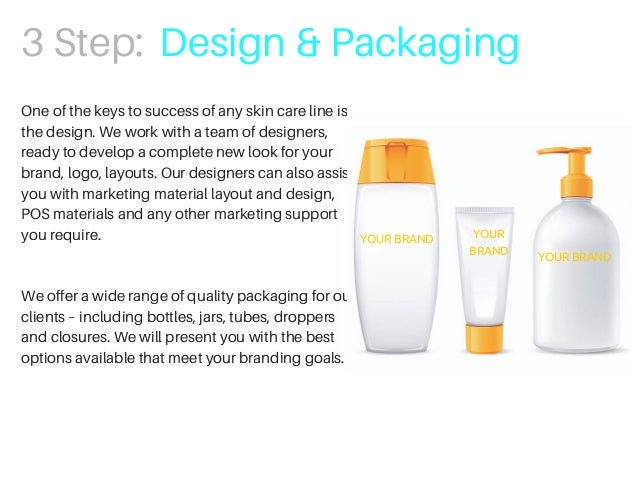
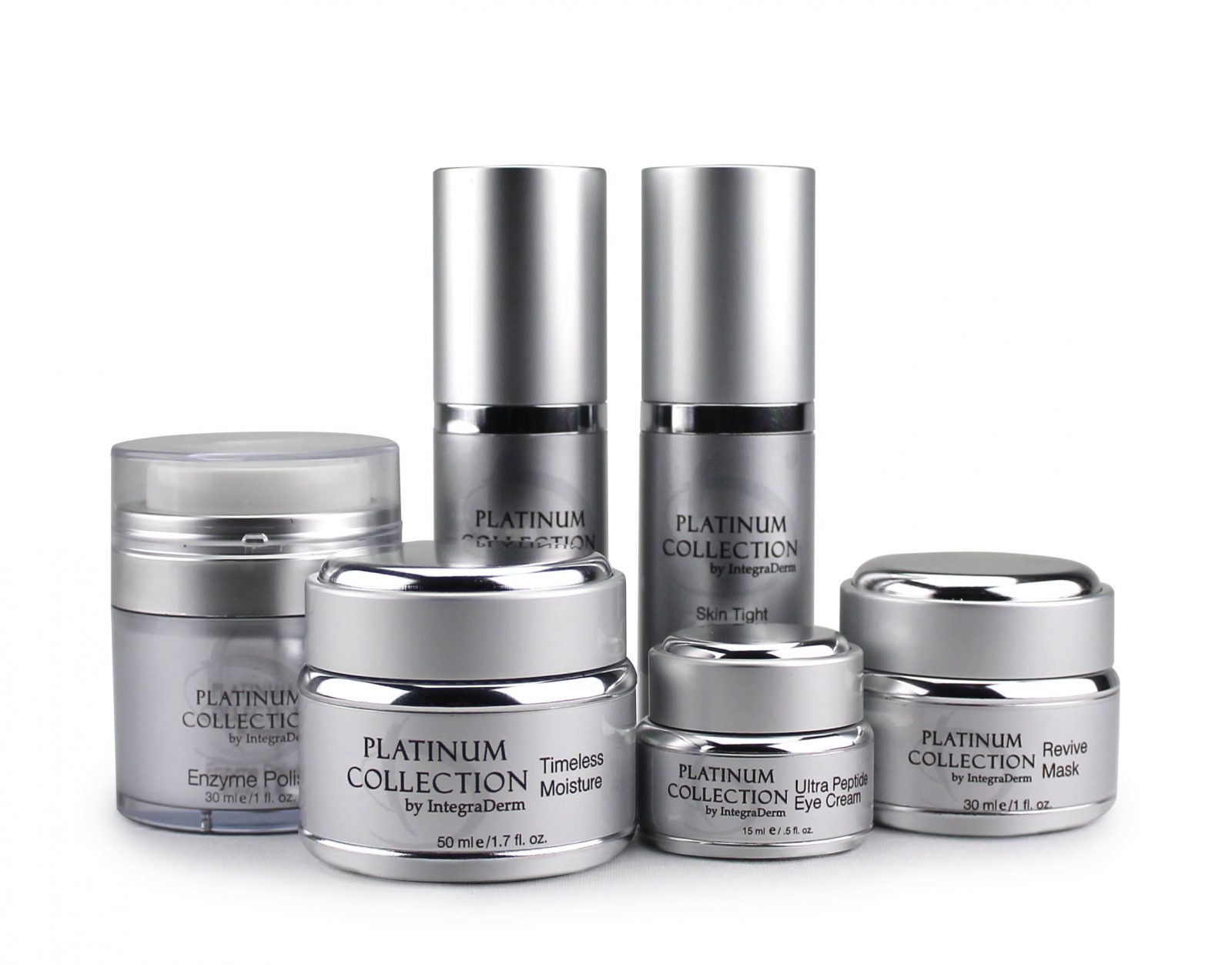

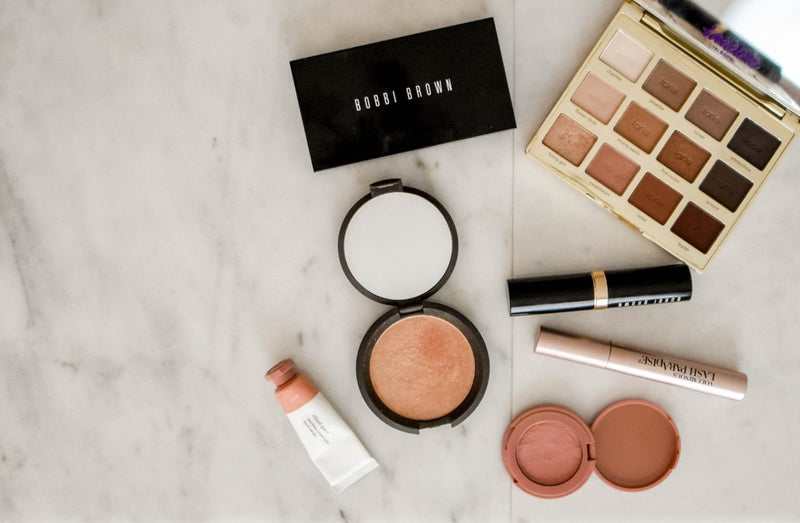
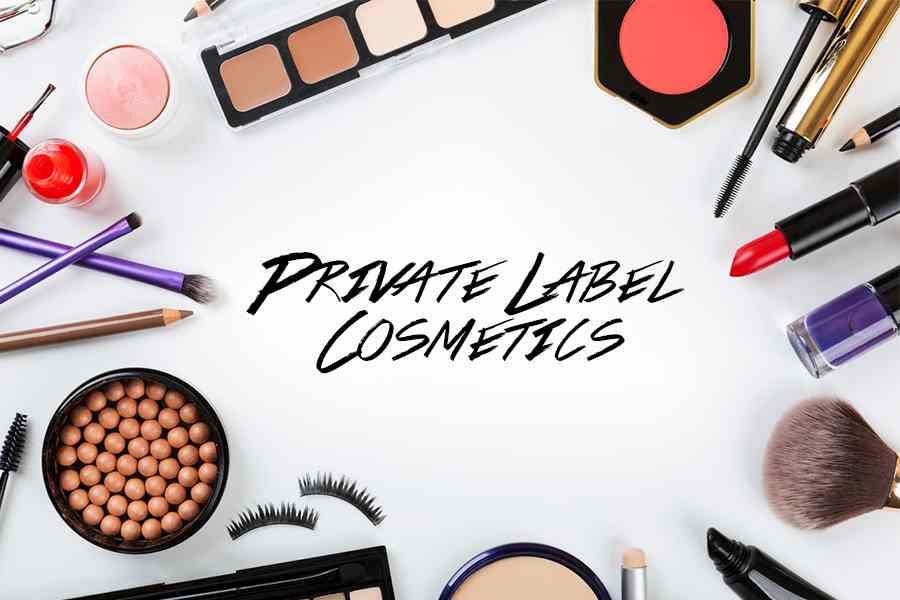
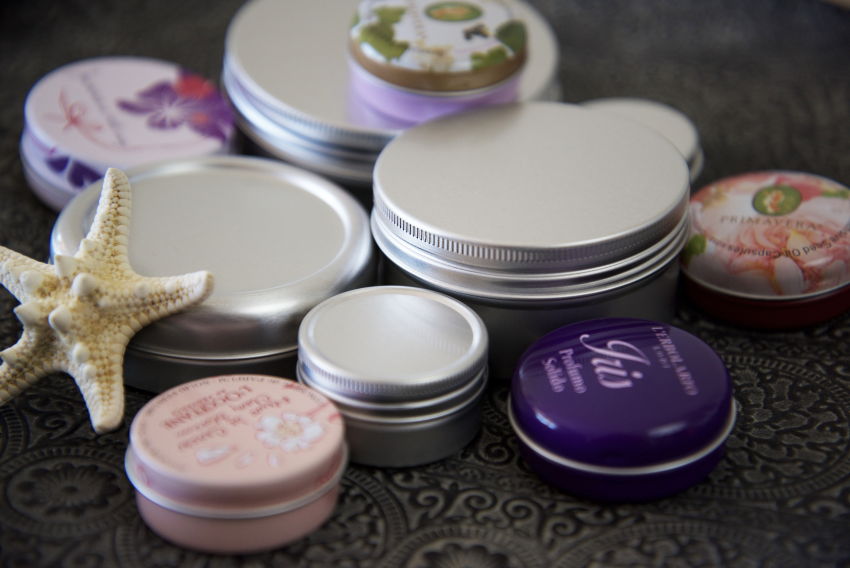

Closure
Thus, we hope this article has provided valuable insights into Navigating the Beauty Industry: A Comprehensive Guide to Private Label Cosmetics. We appreciate your attention to our article. See you in our next article!
